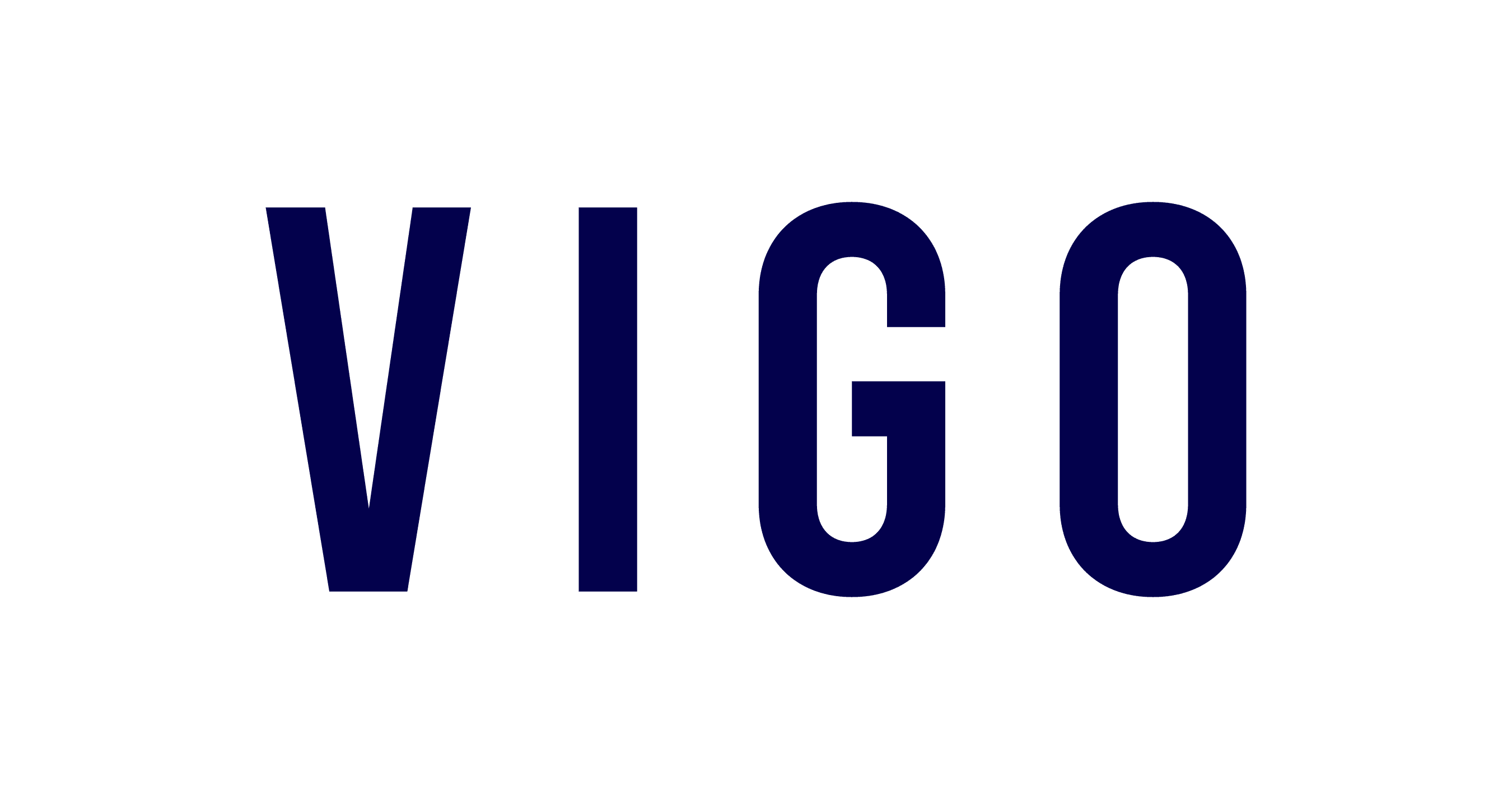
Zak Ové b. 1966
Moko Jumbies, 2015
Mixed Media
Dims Variable
Copyright The Artist
Trinidadian artist Zak’s display of Moko Jumbie sculptures will be on display in the Great Court from 28 July to 13 September 2015. They will then be installed in the...
Trinidadian artist Zak’s display of Moko Jumbie sculptures will be on display in the Great Court from 28 July to 13 September 2015. They will then be installed in the Africa Galleries of the British Museum, Ové becoming the first Caribbean artist to enter the collection.
The Moko Jumbie is a stilted spirit masquerade, representing the ancestors of the displaced peoples of Africa, appearing in times of trauma as a symbol of healing and protection. Being very tall, they act as sentinels, looking afar, anticipating danger and are a common sight at Carnival, Emancipation and Harvest festivals as well as other community gatherings.
Africans brought many types of masquerade with them to the Americas. Despite the oppressive nature of enslavement and colonialism, spiritual rituals were disguised in masquerade and survived through incorporation into European carnival celebrations.
Masking for Africans in the Caribbean is a way to connect to ancestors and nature as well as notions of ‘home’. Masks can also be playful, frightening or a covert way to criticise ruling powers, and masking traditions like the Moko Jumbie also act as a vehicle to openly celebrate African ideas of beauty and creativity.
Ové works between sculpture, film, painting and photography, often collaging the various elements using found, cast and recovered materials. Interested in reinterpreting lost culture and mythology using modern and antique materials, he pays tribute to both spiritual and artistic African and Trinidadian identities which have been given new meanings through Trinidadian carnival and the cross cultural dispersion of ideas.
A constant theme for Ové is the emancipation of personal existence through incarnation with an ‘other self’, highlighting the power of play to free an individual from the contained experience of one’s identity. This idea is filtered through his own personal and cultural upbringing, growing up between London and Trinidad with a black Trinidadian father and white Irish mother.
A filmmaker, photographer and music video director earlier in his career, Ové has had solo shows at Vigo Gallery, The Fine Art Society, and the Freies Museum Berlin and has participated in international museum shows in London, Dakar, Paris, Dubai, Prague, Berlin, Bamako and New York. He currently lives and works in London.
The Moko Jumbie is a stilted spirit masquerade, representing the ancestors of the displaced peoples of Africa, appearing in times of trauma as a symbol of healing and protection. Being very tall, they act as sentinels, looking afar, anticipating danger and are a common sight at Carnival, Emancipation and Harvest festivals as well as other community gatherings.
Africans brought many types of masquerade with them to the Americas. Despite the oppressive nature of enslavement and colonialism, spiritual rituals were disguised in masquerade and survived through incorporation into European carnival celebrations.
Masking for Africans in the Caribbean is a way to connect to ancestors and nature as well as notions of ‘home’. Masks can also be playful, frightening or a covert way to criticise ruling powers, and masking traditions like the Moko Jumbie also act as a vehicle to openly celebrate African ideas of beauty and creativity.
Ové works between sculpture, film, painting and photography, often collaging the various elements using found, cast and recovered materials. Interested in reinterpreting lost culture and mythology using modern and antique materials, he pays tribute to both spiritual and artistic African and Trinidadian identities which have been given new meanings through Trinidadian carnival and the cross cultural dispersion of ideas.
A constant theme for Ové is the emancipation of personal existence through incarnation with an ‘other self’, highlighting the power of play to free an individual from the contained experience of one’s identity. This idea is filtered through his own personal and cultural upbringing, growing up between London and Trinidad with a black Trinidadian father and white Irish mother.
A filmmaker, photographer and music video director earlier in his career, Ové has had solo shows at Vigo Gallery, The Fine Art Society, and the Freies Museum Berlin and has participated in international museum shows in London, Dakar, Paris, Dubai, Prague, Berlin, Bamako and New York. He currently lives and works in London.
Exhibitions
2015: Celebrating Africa, Great Court, British Museum, London
2015: Moko Jumbie, The British Museum, London
